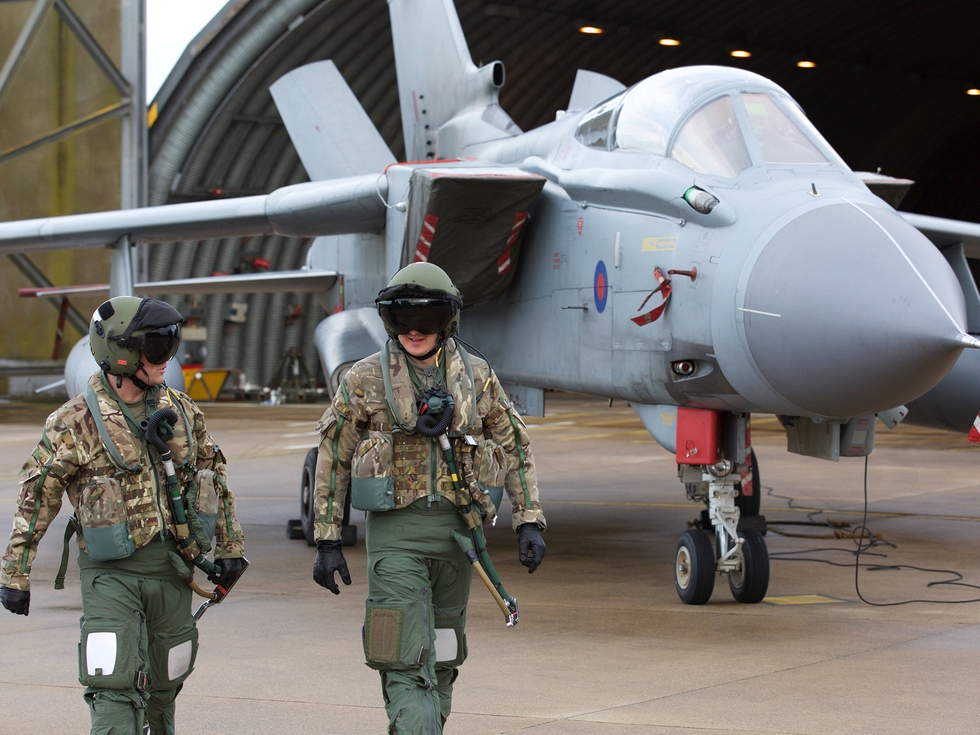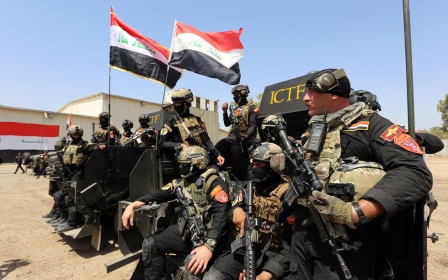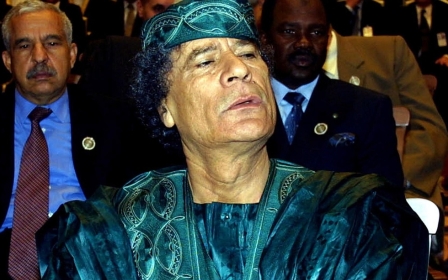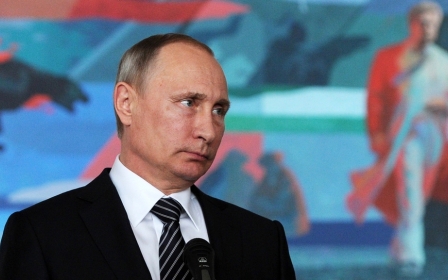UK needs 'grand strategy' to defeat IS, says report by MPs

The UK government must implement a “grand strategy” if it wants to defeat Islamic State, a parliamentary committee said on Wednesday, adding that military successes must not be “undermined” by a lack of political progress on the ground.
The report, from the House of Commons select committee on defence, also said that despite “extensive correspondence” with the Ministry of Defence (MoD) it was unable to obtain the government’s list of which rebel groups the UK is supporting in Syria.
It said that a lack of data from the MoD on UK air strikes over Syria – of which only 65 have been carried out since the anti-IS operation in Iraq was expanded last December – makes it difficult to check if the strikes are supporting “credible moderate ground forces”, a key justification for the campaign.
Compared to the limited intervention in Syria, the report documented 550 strikes within Iraq, where it said the UK’s involvement is “bearing fruit”.
"Whilst the military effort in Iraq is bearing fruit, that is much less certain in Syria," the MPs said. "We believe this is partly due to the aspirations of the UK government in respect of each country.
"The goals in Iraq are to remove territory from Daesh [another name for IS], to strengthen the Iraqi government, and to maintain Iraq as a unitary state. The goals in Syria are not only to defeat Daesh, but to help bring into being a government which will be neither authoritarian and repressive, on the one hand, nor Islamist and extreme, on the other. These goals cannot be accomplished by military means alone."
Even greater threats
The report warns that even if the UK’s current military-based strategy in Iraq and Syria succeeds in crushing IS, it could be replaced by “other groups posing similar or even greater threats”.
Concern over a post-IS future in Iraq, Syria and beyond is compounded, the report said, by a failure to focus on stabilisation efforts, adding that the lack of attention paid to diplomatic and development work "does not reassure us about Iraq's long-term future”.
"Whilst the progress in the military campaign to counter Daesh is beginning to gain momentum, the same cannot be said for the progress of political reform. A lack of political reform in Iraq, let alone Syria, may well undermine the military progress to date, removing the threat of Daesh only for it to be replaced by other groups posing similar or even greater threats."
Responding to the report, the British government said its strategy went beyond military strikes to focus on tackling IS’s cash flow and propaganda machine.
"The UK is at the forefront of efforts to defeat Daesh in Iraq and Syria. We have conducted more than 1,000 air strikes, which is second only to the US in both countries, and have helped train more than 25,000 Iraqi forces,” a government spokesperson said.
"As a result, Daesh is losing territory in Iraq and Syria. Daesh can't be defeated by military means alone, which is why our strategy tackles its finances, propaganda, flow of foreign fighters and evolving terrorist threat.
"We're supporting the Iraqi government to deliver stabilisation, reconciliation and reform, and are working with international partners and the UN towards a political settlement in Syria."
New MEE newsletter: Jerusalem Dispatch
Sign up to get the latest insights and analysis on Israel-Palestine, alongside Turkey Unpacked and other MEE newsletters
Middle East Eye delivers independent and unrivalled coverage and analysis of the Middle East, North Africa and beyond. To learn more about republishing this content and the associated fees, please fill out this form. More about MEE can be found here.




